Being Human
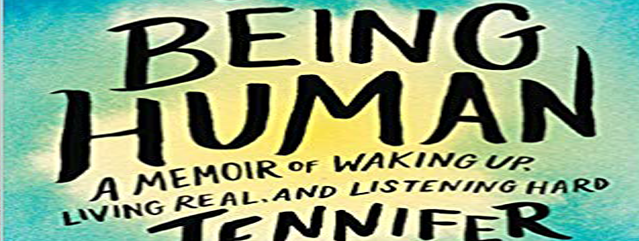
I spent this past weekend being human at the Kripalu Center for Yoga and Healing. That is, I spent this past weekend letting go and not giving a fuck with Jennifer Pastiloff. Yoga instructor, author, and founder of the online magazine The Manifest-Station, Jennifer is known for her workshop, On Being Human, where women from all over come together to dance, to sing out loud, to write whatever comes to the page, and to share their deepest pains and enduring dreams. If someone were to ask me to choose a single word to describe Jennifer, that word would be lovable. But she’s more than one thing. She is energy, a safe zone, a kick-ass hugger and hand-holder, a super-fun dance partner, a really good listener, an empath. The list could fill my bookshelf.
A friend of mine, who has attended Jennifer’s On Being Human workshop year after year at Kripalu, had told me all about her. I had also read Jennifer’s posts on The Manifest-Station, followed her on social media, and devoured her book, On Being Human, A Memoir of Waking Up, Living Real, and Listening Hard. Much of what she had to share – her sense of shame and guilt, not feeling good enough, the need to be heard and told “I’ve got you” – made me think she had written the book just for me. Which is why, after months of inventing one lame reason after the other for why I couldn’t go, I finally decided it was time to get off my scared ass and drive the three-and-a-half hours to Kripalu this past weekend. Why I was so afraid to take Jennifer’s On Being Human workshop I can’t explain. Wait, that’s a lie. The truth is this: The unknown scares the crap out of me sometimes. I had no idea what my experience would be like in Jennifer’s workshop. But we only know when we do, right? So I did. Yes, I thought I’d shit my pants on my way to Kripalu, wondering if I really had it in me to let go and be vulnerable in front of dozens of women I had never met.
I did not shit my pants, but I did sweat, a lot. If anything, the 95-degree heat made it easier to say, “Fuck you fear.” It took too much energy to think, I don’t belong here … I can’t dance … I can’t sing … I can’t, I can’t, I can’t. And the heat melted my body into a let-go puddle. So I had no choice but to dance like a dork, sing “Landslide” and “Don’t Stop Believin'” out of tune while doing Downward-Facing Dog, sing into an orange crayon-turned-microphone, play the air drums with a crayon, cry, and, as Jennifer says, “let snot fly.” It felt good, damn good.
At the end of the weekend, I left with a backpack full of what I call “Pastiloff Vitamins.” I take them everyday, with a large glass of “I am good enough, and don’t fucking forget that.”
I even have some samples of her vitamins for you:
“Ask. Don’t let ‘no’ stop you.”
“Daydream for five minutes every day.”
“Go ‘beauty hunting’. Make something beautiful.”
“Shoulds are assholes.”
“Everything has to be moment to moment, because that’s all we have.”
“Be a human thank you.”
“Say ‘yes’ to yourself.”
“Trust in the timing of your life.”
“Invite ease into your life.”
“Find joy for no reason.”

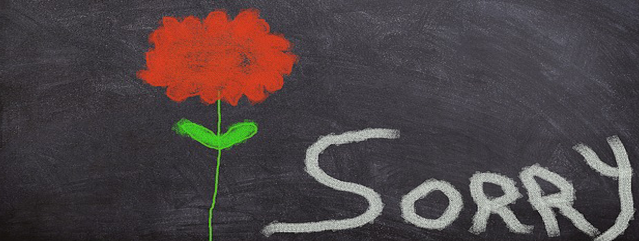
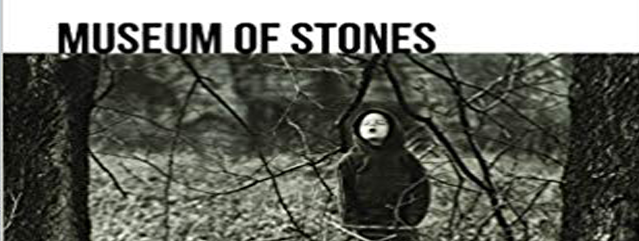 Exciting news! My conversation with
Exciting news! My conversation with 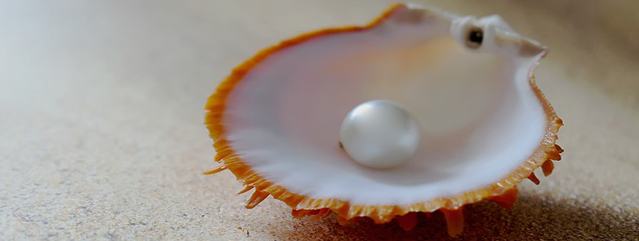
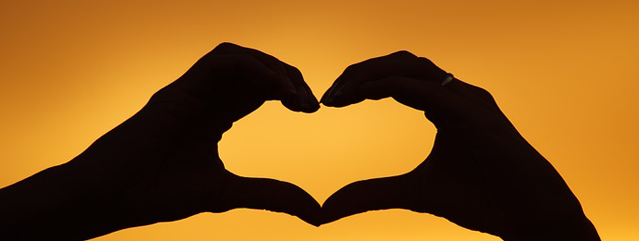
Recent Comments